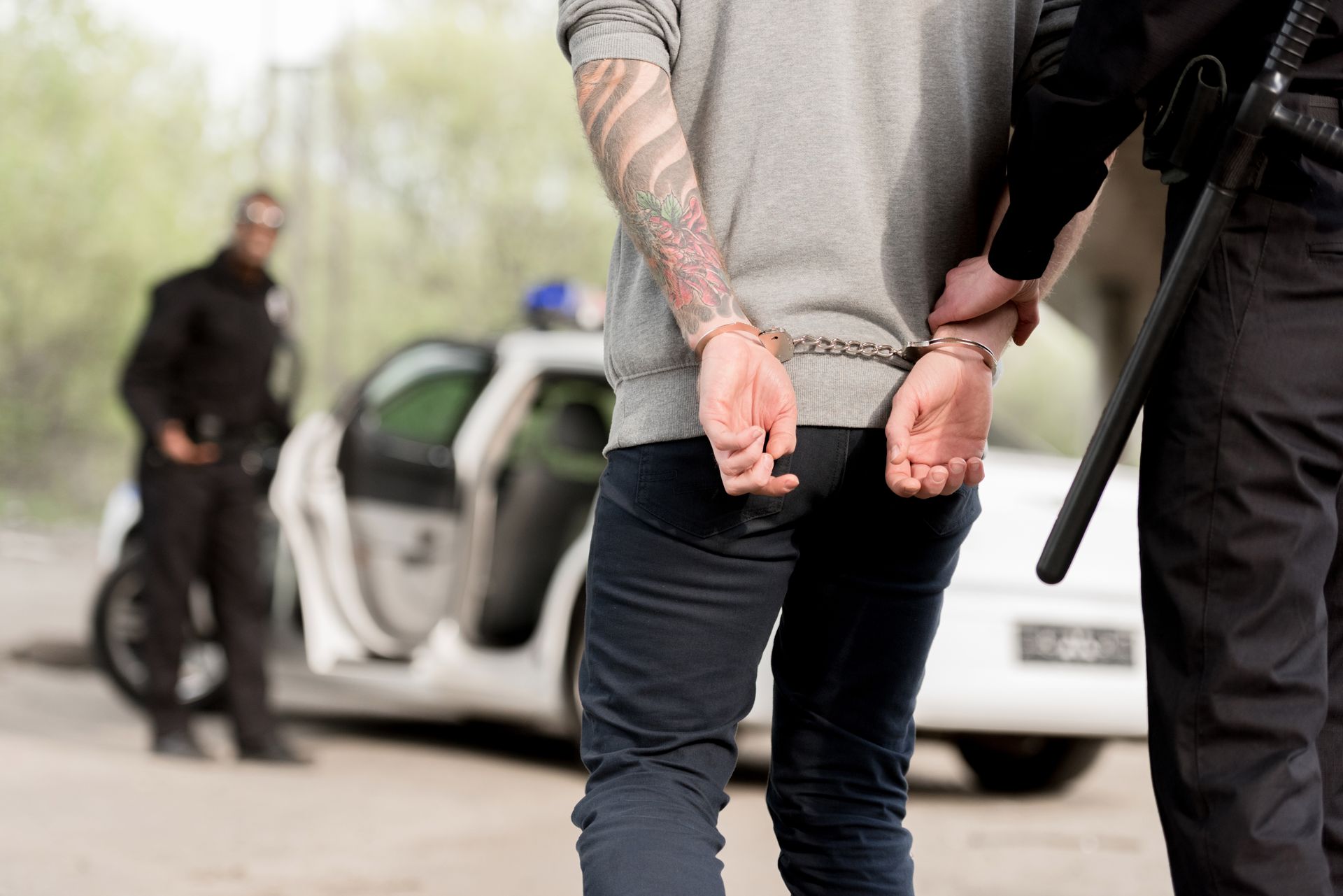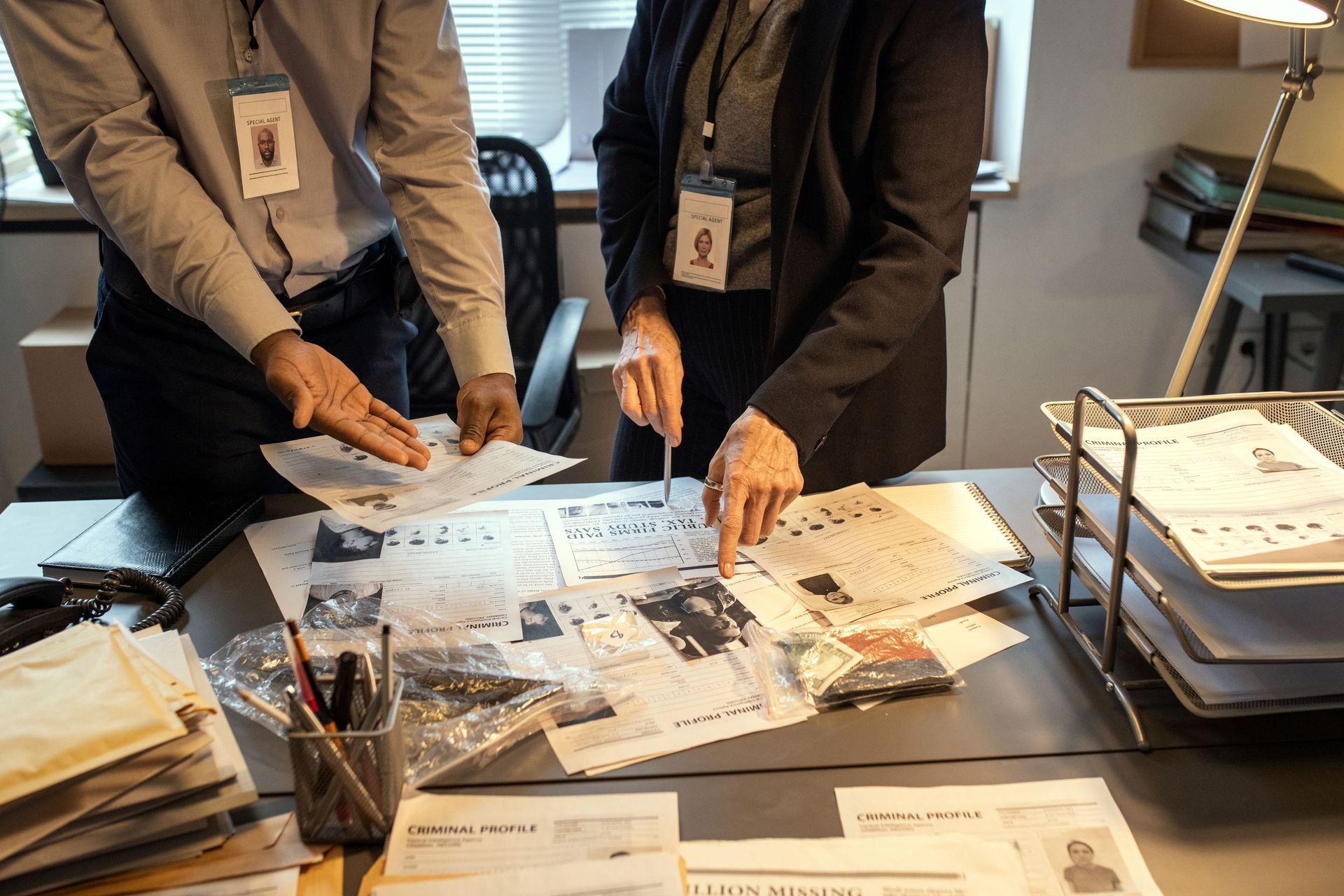
Call Today - Available 24/7
The Alarming Rise of Gun Related Crimes in Florida
Gun Related Crimes in Florida
In recent years, the state of Florida has faced an alarming surge in gun crimes that has shaken communities, law enforcement agencies, and policymakers alike. As the Sunshine State grapples with this distressing reality of violent crime, it becomes crucial to shed light on the magnitude and repercussions of such incidents. With a growing number of shootings and homicides involving firearms occurring across its cities and towns, Florida finds itself at the forefront of a pressing issue that demands immediate attention. This blog dives into the disturbing rise of gun crimes in Florida, aiming to uncover the underlying factors contributing to this trend while exposing the harsh realities faced by victims and society as a whole.
The Devastating Impact of Gun Crimes on Florida Communities
Gun crimes have had a profound and devastating impact on communities throughout Florida.
- Loss of life: One of the most distressing effects is the tragic loss of life that gun crimes often result in. Countless families are left grieving and forever changed due to these senseless acts of violence.
- Fear and trauma: Gun crimes instill fear and trauma within communities, creating an atmosphere of unease where residents feel unsafe even in their own neighborhoods.
- Economic repercussions: The economic repercussions cannot be overlooked either. As crime rates rise, property values decline, local businesses suffer, and tourism dwindles – ultimately affecting the overall prosperity and vitality of entire regions.
The impacts discussed above merely scratch the surface when it comes to comprehending how gun crimes shatter lives and communities alike in Florida.
Steps for Addressing Gun Crimes
To address this alarming rise in gun crimes effectively, proactive measures must be taken by authorities at various levels:
- Stricter background checks: Implementing more stringent background checks can help keep firearms out of the hands of potential criminals.
- Increased law enforcement presence: Invest in hiring additional police officers or assigning more patrols to areas with higher crime rates to deter criminal activity.
- Community engagement programs: Foster relationships between law enforcement agencies and local communities through initiatives such as neighborhood watch programs or community policing efforts. By taking these steps, Florida may begin to combat its escalating gun crime problem head-on while simultaneously working towards fostering safer communities for all residents.
The Root Causes Contributing to the Surge in Gun Crimes
Socioeconomic Inequality:
Economic disparities play a significant role, as areas with higher poverty rates tend to experience higher gun crime rates. Limited access to quality education, healthcare, and job opportunities can contribute to feelings of hopelessness and desperation among individuals, leading them towards criminal activities. The lack of affordable housing and resources further exacerbate these issues.
Gang Activity and Drug Trade:
The presence of gangs involved in illicit drug trade is another key factor driving up gun crimes in Florida. Rivalries among different gang factions often escalate into violent confrontations that involve firearms. Criminal networks also use guns for protection, as well as enforcing their influence over territories and maintaining control over their illegal operations.
Gun Control Laws:
Florida's relatively lenient firearm regulations have made it easier for criminals to obtain guns illegally or possess them without proper licensing or registration. Loopholes in background check requirements at gun shows and private sales also allow weapons to fall into the wrong hands. Insufficient efforts to address this issue have resulted in an influx of easily accessible firearms on the streets, increasing both opportunities for violence and the severity of gun crimes.
Addressing the Alarming Trend in Gun Crimes
Enhanced Background Checks
One proposed solution to address the alarming trend in gun crimes is to implement enhanced background checks for individuals purchasing firearms. This would involve thoroughly screening potential gun owners, including checking their criminal records and mental health history. By implementing more stringent background checks, it could help prevent guns from falling into the hands of individuals with a history of violence or mental instability.
Investing in Community-Based Programs and Law Enforcement
Investing in community-based programs aimed at preventing crime can also be an effective approach. These programs can focus on youth outreach, education, and providing alternatives to involvement in criminal activities. By addressing underlying societal issues contributing to gun crimes, such as poverty, unemployment, and lack of educational opportunities, it may be possible to reduce the motivation for engaging in violent behavior.
Additionally, allocating resources towards law enforcement agencies can play a crucial role in combating gun crimes. This includes providing funding for additional manpower, advanced technology for crime prevention and investigation purposes, as well as training programs focused on addressing gun violence effectively.
Strengthening Collaboration between Agencies
To address this alarming rise in gun crimes comprehensively requires better collaboration among various agencies involved in public safety. Police departments should work closely with federal law enforcement agencies like ATF (Bureau of Alcohol Tobacco Firearms and Explosives) to trace illegal guns used in crimes back to their source. Sharing intelligence information across different levels of law enforcement can help identify trends and patterns related to illegal firearm trafficking or distribution networks.
Furthermore, enhancing communication through regular meetings will provide an opportunity for sharing best practices while minimizing duplication. Encouraging community cooperation through initiatives like anonymous tip lines or reward programs can help citizens play an active role in providing valuable information about gun crimes. Promoting partnerships with nonprofit organizations and community leaders will enable a more well rounded approach to combating gun violence by addressing the root causes that contribute to its existence.
Conclusion
The rise of gun related crimes in Florida effects the safety of communities, can hurt the local economy, decrease tourism and even cause fear and trauma. However through enhanced background checks, community based programs and collaboration between police departments and federal law enforcement, it is possible to successfully reduce the rates.
If you need assistance because of a gun related crime in Florida, contact the attorneys at
Hanlon Law. If you live in Orlando or in the surrounding areas, consider
visiting our website to learn more about your rights.




We serve clients throughout Florida including those in the following localities: Hernando County including Spring Hill; Hillsborough County including Brandon, Riverview, and Tampa; Pinellas County including Clearwater, Largo, Palm Harbor, Pinellas Park, Seminole, and St. Petersburg; and Pasco County including Dade City, Hudson, and New Port Richey.
Clearwater Criminal Defense Lawyer Hanlon Law Website
St. Petersburg Criminal Lawyer Hanlon Law Website
Sarasota Criminal Defense Lawyer Hanlon Law Website
Bradenton Criminal Defense Lawyer Hanlon Law Website
Florida Expungement Lawyer Hanlon Law Website
Tampa Criminal Defense Lawyer Hanlon Law Website
Orlando Criminal Defense Lawyer Hanlon Law Website
This site is protected by reCAPTCHA and the Google Privacy Policy and Terms of Service apply.
Please do not include any confidential or sensitive information in a contact form, text message, or voicemail. The contact form sends information by non-encrypted email, which is not secure. Submitting a contact form, sending a text message, making a phone call, or leaving a voicemail does not create an attorney-client relationship.
All Rights Reserved | Hanlon Law







